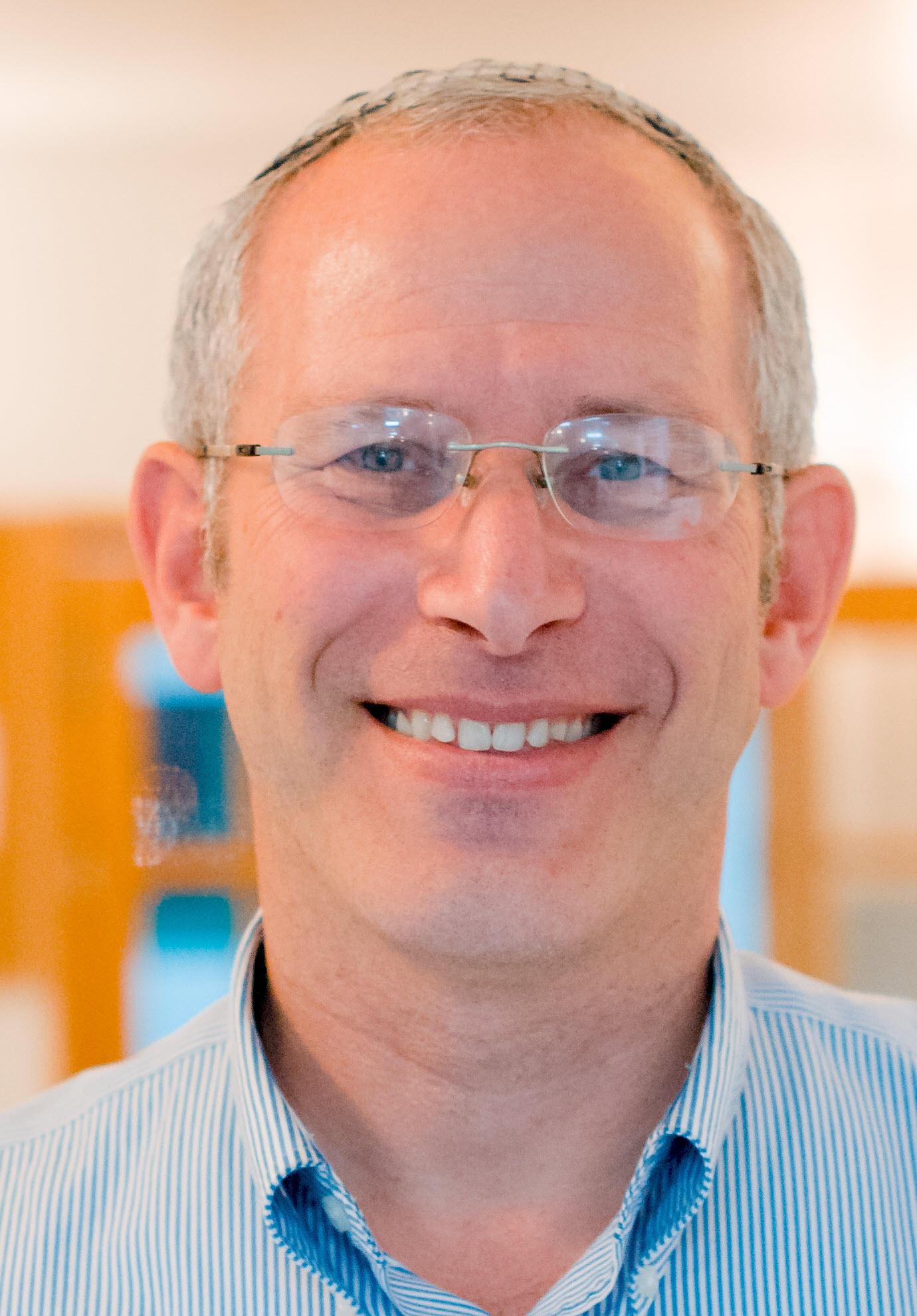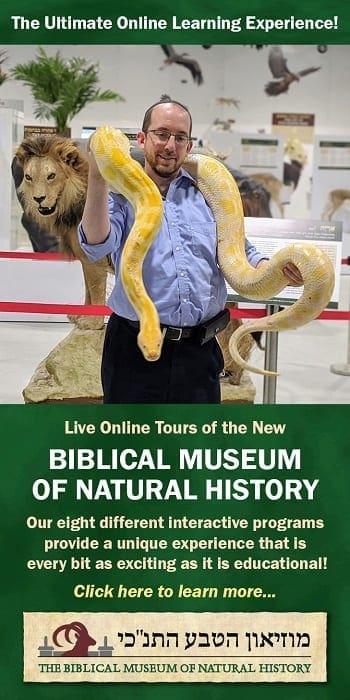Role of Parents (Fall 2020)
The Talmud describes the extraordinary innovation of R. Yehoshua ben Gamla, who began teaching fatherless children or those whose fathers were unable to teach them. We would have thought that he would receive accolades from all sides, yet the Talmud’s response is, “however, we still recognize the good that he did.” This backhanded compliment suggests that starting the first yeshiva to teach children was a cause for concern, and perhaps that concern was that the parents were being replaced as the primary educators for their children.
R. Yehoshua ben Gamla’s innovation, which may have saved countless Jewish children from ignorance, has been the flashpoint for many minor internal conflicts. What do we do when the formal Jewish learning undermines long-standing family traditions? How do those with formal Jewish authority react when the families and the community seek to undermine that authority? The questions are not limited to religion, they extend to almost every aspect of life. Are schools to function as societal thought-leaders and change agents or is their mandate to maintain the norms and standards of its constituents and the community it serves?
When we "zoom" in from the macro-questions to how it plays out on an individual level, the parents stand front and center. What is/could/should be the role that they play in their children’s education? What does a productive or healthy relationship between the parent and school or parent and teacher look like, and how can that be nurtured? And how is COVID creating chaos and opportunity particularly in this area – with students attending classes remotely and parents being thrust into roles they largely sub-contracted to others long ago?
To explore the role of parents we sought to include a diverse range of perspectives. They include day schools, supplementary schools, and stand-alone programs; school leaders, teachers, parents, guidance counselors, and even home-schoolers; early childhood, elementary school, and high school. One set of articles consists of abridged and edited transcripts of interviews we conducted, and we include a roundtable discussion of our own staff at The Lookstein Center.
We’d love for you to share your thoughts, comments, experiences, and insights as well. It is through sharing that we all learn. Join the discussion.
Bivrakha,

Rabbi Zvi Grumet, Ed.D.



